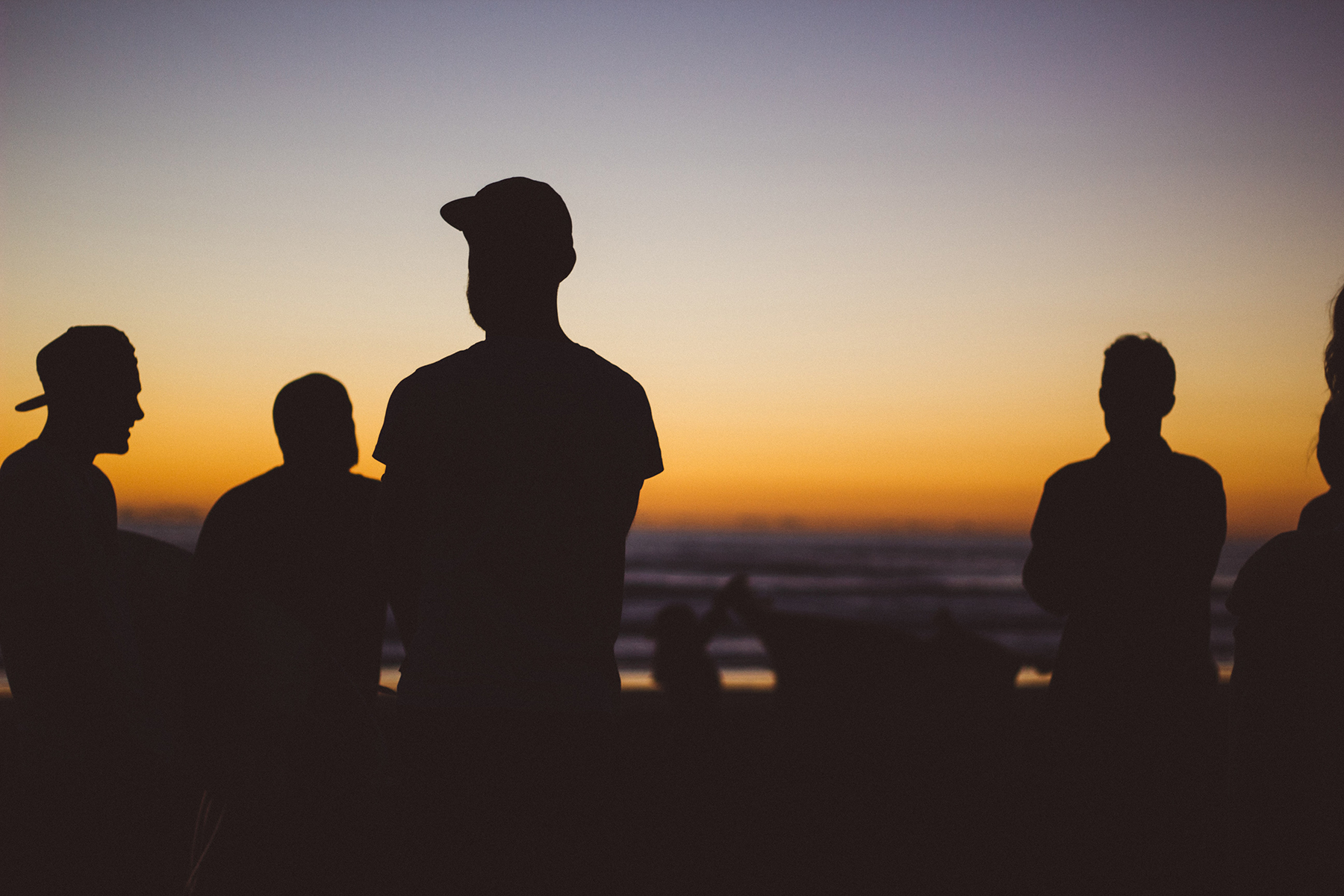
Festival season in New Zealand is about to ramp up and after the year we’ve had, everyone just wants to have a good time. But at UK festivals this year, a lot of people had drugs that weren’t what they thought they’d bought, with many people having a bad experience.
What did they find, what does it mean for little old NZ, and what can you do to be safer this summer?
The UK’s first drug checking service, The Loop, has recently wrapped up its summer festival season. Their drug alerts, sent out on Twitter, paint a picture of how common it is for drugs to be mis-sold as something different.
At one UK festival, of all the pills and powders tested which people thought was MDMA, only half of the samples were consistent with MDMA. 29% of samples were caffeine. More worryingly, the rest of the samples (17%) turned out to be cathinones – otherwise known as bath salts.
The UK might seem like half a world away, but these results can help to give us a heads up about what to look out for during our party season.
Take care folks - there’s a lot of missold substances in circulation this summer.
— The Loop (@WeAreTheLoopUK) August 29, 2021
Of the pills & powders tested so far by The Loop @lostvillagefest & reportedly acquired as MDMA:
* 54% MDMA
* 29% caffeine
* 14% 4-CMC
* 3% eutylone#GoSlowStayLow#JustSayKnow pic.twitter.com/w2p94AaW4w
What drug trends should you be aware of?
Drug experts are seeing a shortage of MDMA across Europe. Professor Fiona Measham, director of The Loop and chair of criminology at Liverpool University, said MDMA suppliers are struggling to cope with demand for the drug post-lockdown. The low availability of MDMA overseas may have a knock-on effect on its availability in New Zealand this summer. This could lead to more cases of other more dangerous drugs, such as cathinones, being sold as MDMA.
The most common cathinone that drug checking clinics have seen in New Zealand is eutylone. Eutylone was also one of the common cathinones found by The Loop this past festival season in the UK.
Eutylone can feel a lot like MDMA at first, and people can be tempted to take more – but they can then experience unpleasant effects such as paranoia, anxiety, and psychosis. High levels of eutylone can be life-threatening. The dose for eutylone is lower than MDMA which means the chance of overdose is higher if someone takes it unknowingly.
Other drug markets may also have shifted due to Covid-19 affecting supply into New Zealand. We spoke to the team at High Alert, who explained how one successful import and distribution of a drug can rapidly change what is available.
“The size of New Zealand’s drug market and the continued low availability of MDMA means we are susceptible to the drug supply changing rapidly. As we head into the summer festival season, we want to encourage people to utilise drug checking services and take on board any harm reduction advice”.
How can you be safer this summer?
Drug use always comes with risks. There are lots of things you can do to be safer if you choose to use drugs.
Know what you are using. There’s a risk with using any drug that it may not be what you think it is. You can use a drug checking service or do your own tests at home. If you aren’t sure what your drug is and you can’t test it, consider whether you think taking it is work the risk. If you do plan on taking it, use less to start with and wait an hour to feel the effects before taking more.
You can keep an eye on the early warning system High Alert this summer for alerts and notifications on dangerous drugs that have been found across the country.
Avoid mixing. Mixing substances can increase the risk of having unpleasant effects and can be unpredictable and dangerous. This includes mixing alcohol with other drugs or medications. Visit the Tripsit website for more information on drug interactions and our Safer using page for general tips.
Be prepared and take small steps to be safer. Negative effects are more common at higher doses. Use a smaller amount and wait for the full effect (at least an hour for most drugs) before using any more. This is important if you aren’t sure what you’re taking, how strong it is, or where it has come from. Tripsit is a great website that talks about doses for different drugs. Stay with your friends and make a plan together.
Know the signs of an overdose. It could help save someone’s life. Look for pale skin/blue lips, breathing difficulties, vomiting, confusion, seizures, fast or irregular heartbeat, or extreme agitation and paranoia. If someone has lost consciousness, check they are breathing and place them in a stable position lying on their side. Call 111 and start CPR if they have stopped breathing.
If you know what drug(s) the person has taken, this is important information to let medics or hospital staff know so they can treat them quickly. You will not be in trouble with the law for sharing this information.
For more tips about how to be safer at summer festivals, check out our events page.
Related stories
Recent stories
SMART Recovery: Support groups without the need for abstinence or a higher power
We explore what it is and how it has positively affected people's lives.
Kamini: What you need to know
EDs and doctors have seen more people seeking help for opioid overdose, withdrawal, and addiction after using kamini. Here's what you need to know about the opioid-containing remedy.
Pseudoephedrine: what you need to know
Pseudoephedrine is back on the shelves. Here's what you need to know about this cold & flu medication.